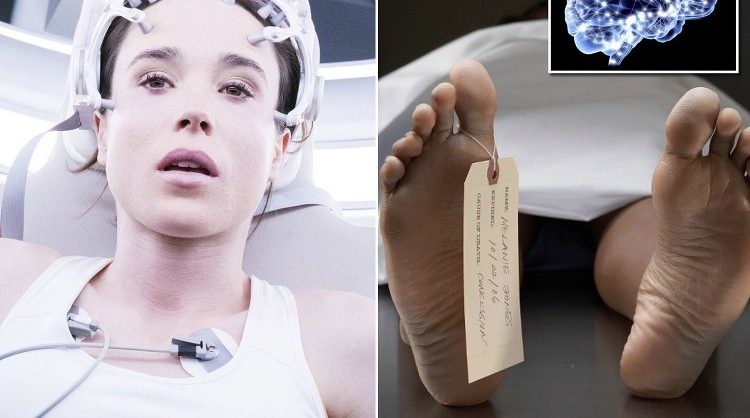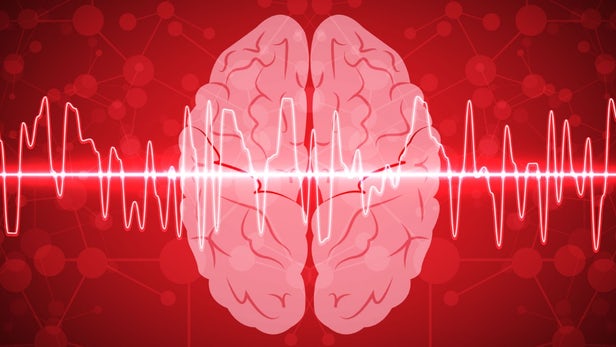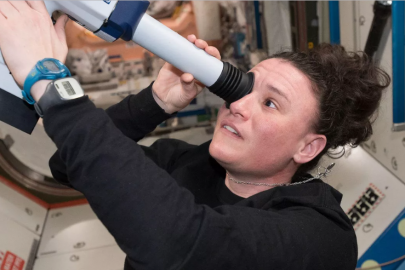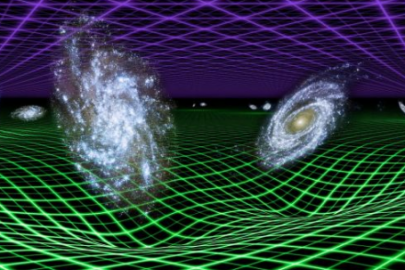Driven by ambition and curiosity to learn what lies on the other side of death, five medical students deliberately stop their hearts in order to experience “the afterlife” in the new thriller “Flatliners” (Sony Pictures), which opened in U.S. theaters on Sept. 29.
They quickly discover that there are unexpected and terrible consequences of dallying with death — but not everything they experience after “dying” is in the realm of science fiction. A growing body of research is charting the processes that occur after death, suggesting that human consciousness doesn’t immediately wink out after the heart stops, experts say.
But what really happens in the body and brain in the moments after cardiac arrest?
The terms “cardiac arrest” and “heart attack” are frequently used interchangeably, but they are not identical conditions, according to the American Heart Association (AHA). During a heart attack, a blocked artery prevents blood from reaching a portion of the heart, which can cause that section to die — though the heart continues to beat, the AHA explained.
“They Buried Him Barefoot”: The tragic death of Chernobyl firefighter Vasily Ignatenko
The World’s Fastest High-Speed Trains (infographic)
During cardiac arrest, the electrical signals driving the heart’s pumping action are disrupted, the heart ceases beating and death shortly follows, the AHA said.
In the vast majority of terminal cases, physicians medically define death based on when the heart no longer beats, said Dr. Sam Parnia, director of critical care and resuscitation research at NYU Langone School of Medicine in New York City.
“Technically speaking, that’s how you get the time of death — it’s all based on the moment when the heart stops,” he told Live Science.
Once that happens, blood no longer circulates to the brain, which means brain function halts “almost instantaneously,” Parnia said. “You lose all your brain stem reflexes — your gag reflex, your pupil reflex, all that is gone.”
Read more Live Science







































